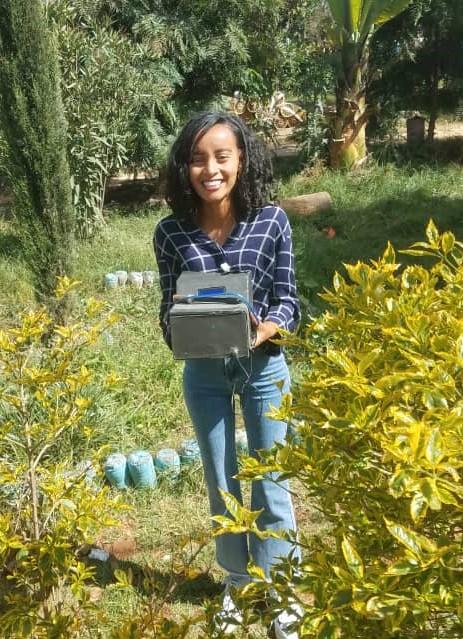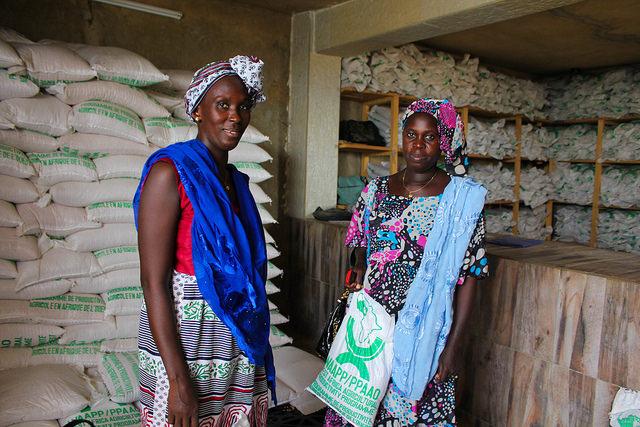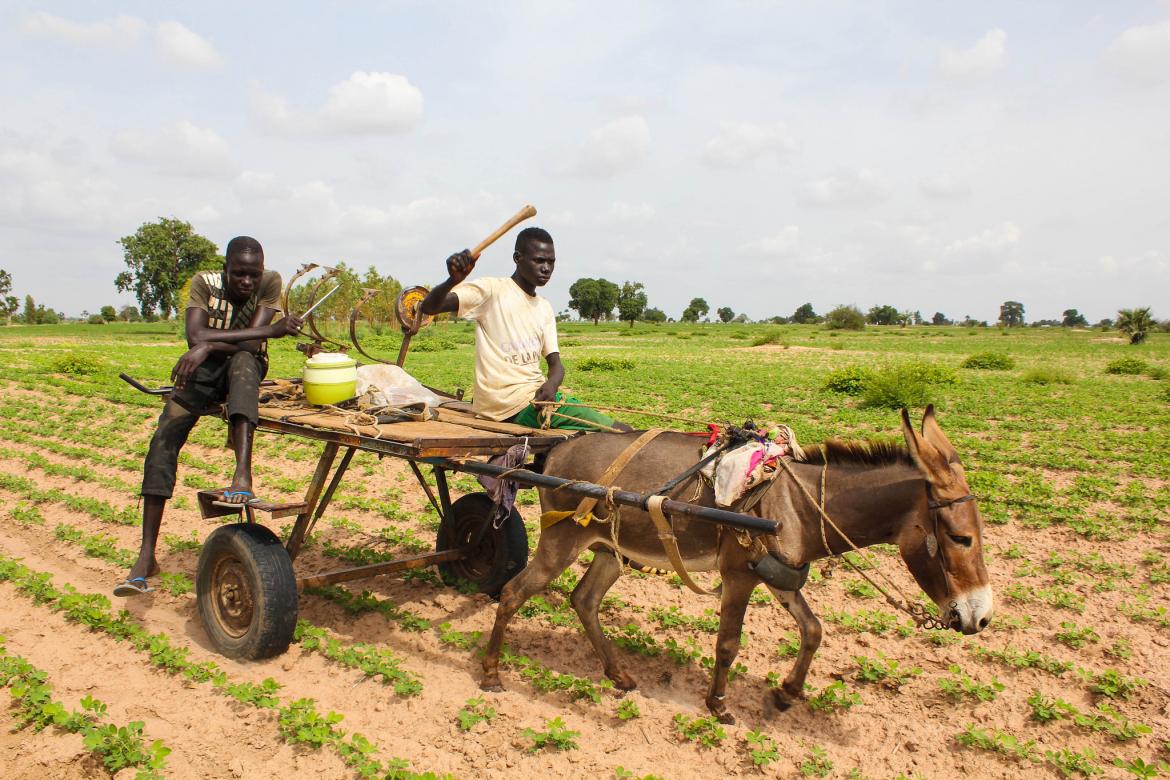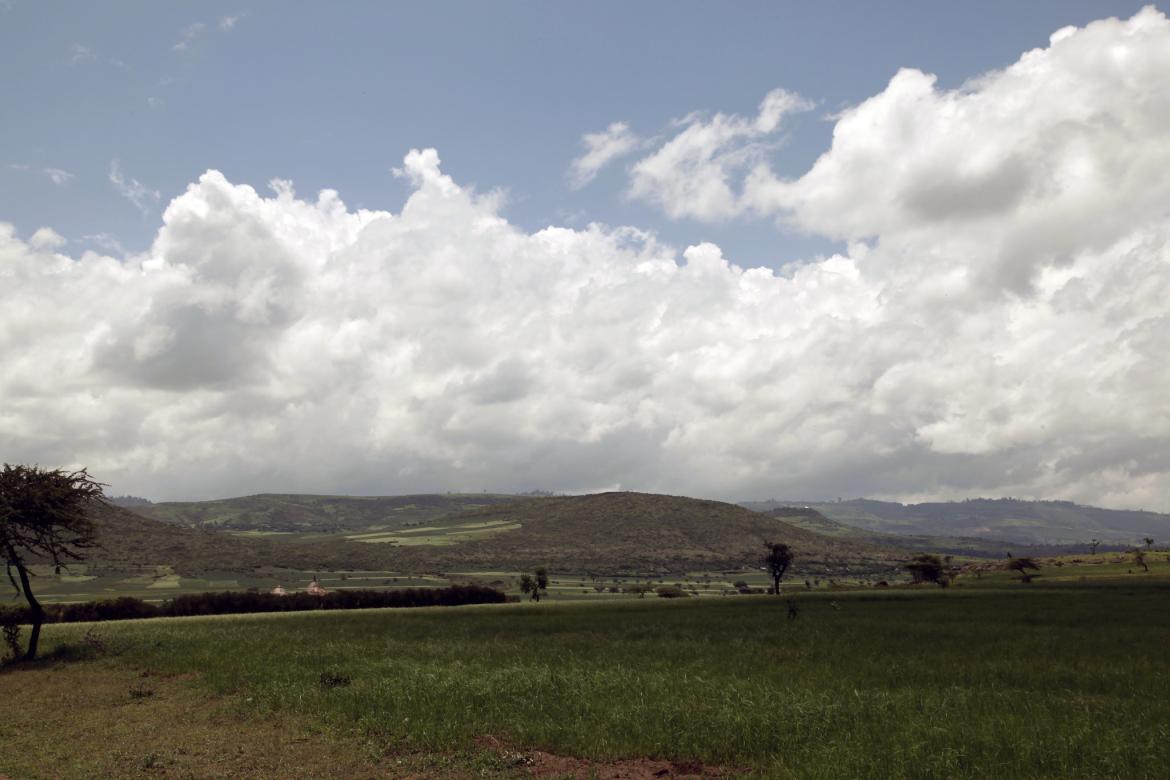27
Jan
What if there was a solution to help farmers take the guesswork out of what to plant in their fields and how to optimally nourish it based on the soil nutrient profile? This is precisely what Omishtu-Joy is providing to smallholders in Ethiopia. Omishtu-Joy, which means “Joy of the Farmer” in Afaan Oromo (a native Ethiopian dialect), has developed a soil testing device that uses artificial intelligence (AI)-powered sensors to measure different soil parameters. These soil fertility parameters include pH levels, nitrogen, potassium and phosphorous, humidity, radiation, temperature and soil




